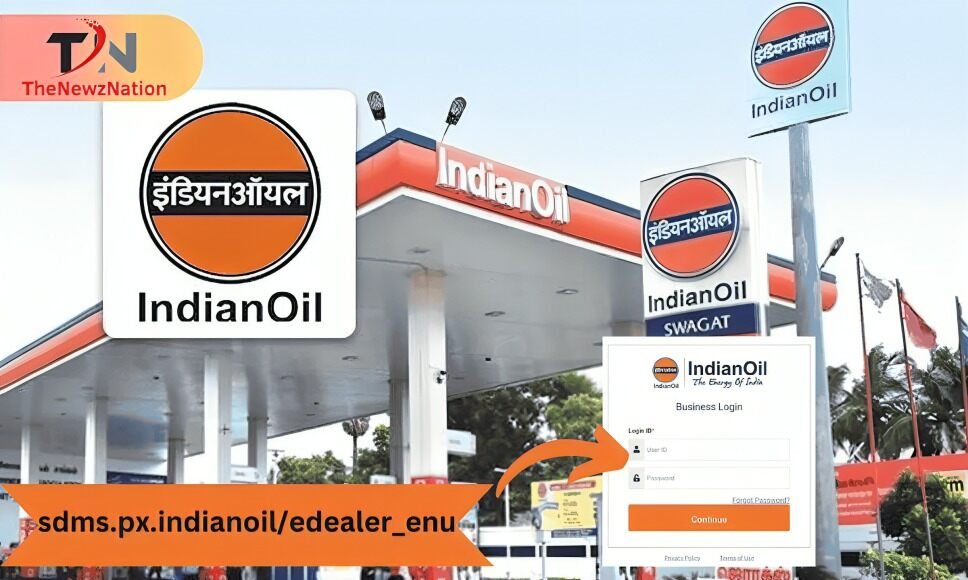In today’s digital era, data is the lifeblood of organizations. How we store, manage, and access this data is crucial to the efficiency and success of any business. One of the key components driving this revolution is the modern data storage medium.
This article explores the innovative uses of modern data storage mediums in a network setting, highlighting their significance and applications in various industries.
Understanding Modern Data Storage Mediums
Modern data storage mediums have evolved significantly from traditional methods like magnetic tapes and hard disk drives (HDDs). These advanced data storage solutions include:
- Solid State Drives (SSDs
- Network Attached Storage (NAS)
- Storage Area Networks (SANs)
- Direct Attached Storage (DAS)
Each of these has unique attributes that make them suitable for different network settings.
What Is DAS?
What is DAS? Before diving into the innovative uses of modern data storage mediums, it is essential to understand what DAS is.
Direct Attached Storage (DAS) refers to a digital storage system directly attached to a computer or a server without a network connection. It provides high-speed data access and is often used for specific applications that require direct and rapid data access.
Innovative Applications in Various Industries
The use of SSDs in storage solutions is not limited to traditional business settings. They also have applications in various industries such as:
Healthcare
In the healthcare industry, data storage mediums play a vital role in managing patient records, medical imaging, and research data. Cutting-edge data storage like NAS and SANs provide secure and efficient storage options for sensitive data.
For instance, a hospital can use a NAS system to store and share patient records across departments, ensuring that doctors and nurses have quick access to the information they need.
Education
Educational institutions generate vast amounts of data, from student records to research papers. Modern data storage mediums help in managing this data efficiently.
Universities can use SANs to store research data, providing researchers with high-speed access to large datasets. Additionally, NAS systems can be used to share educational resources with students, enhancing the learning experience.
Media and Entertainment
The media and entertainment industry deals with massive files, including videos, audio, and graphics. Modern data storage mediums like SSDs and NAS are essential for storing and accessing these files quickly.
For example, a video production company can use SSDs for editing high-resolution videos, ensuring smooth playback and faster rendering times.
Finance
In the finance sector, data storage mediums are crucial for managing transactional data, customer records, and financial models. DAS and SANs are modern storage solutions.
They are fast and reliable. So, they are ideal for financial apps. A bank can use DAS for real-time transaction processing. This ensures customers experience minimal delays.
Benefits of Using Modern Data Storage Medium
As technology advances, the need for efficient, reliable data storage grows. Here are some key benefits of using modern data storage mediums:
Speed and Performance
A modern data storage medium, particularly SSDs, and DAS, are known for their speed and performance. SSDs, for example, offer faster read and write speeds compared to traditional HDDs.
This is crucial in a network setting where quick data access can significantly improve productivity. In finance, where milliseconds matter, SSDs can speed up transactions and improve customer service.
Scalability and Flexibility
Network Attached Storage (NAS) and Storage Area Networks (SANs) provide scalable storage solutions. As a business grows, its data storage needs increase.
Modern storage mediums allow for easy scalability without significant downtime. Cloud service providers use SANs to offer scalable storage. This ensures seamless data access and management for their clients.
Encryption and Data Protection
Modern data storage mediums offer advanced encryption and data protection features. This is essential in a network setting where data security is a top priority.
For instance, healthcare providers can use encrypted NAS systems to store patient records. This ensures compliance with HIPAA and other regulations.
Redundancy and Backup
Redundancy and backup are critical aspects of data storage. Modern storage solutions have built-in redundancy. They prevent data loss from hardware failure.
For example, a NAS system can be configured with RAID (Redundant Array of Independent Disks) to provide data redundancy. This ensures that even if one disk fails, the data is still accessible.
Shared Access
Modern data storage mediums like NAS and SANs enable shared access to data across a network. This is useful in collaborative settings. Multiple users need access to the same files.
A marketing team can use a NAS to store and share project files. This ensures all members access the latest versions.
Remote Access
With the rise of remote work, the ability to access data from anywhere is crucial. Modern data storage allows remote access. Employees can work from anywhere.
A cloud-based SAN can let employees securely access company data from anywhere. This will boost productivity. Employees don’t need to be physically present in the office to work on important projects.
Reduced Hardware Costs
Modern data storage mediums, particularly SSDs, are becoming more cost-effective. SSDs cost more upfront than traditional HDDs. But, they lower maintenance costs and power use. So, they are cheaper in the long run. Plus, with the cloud, there is no need for costly on-site servers.
Efficient Resource Utilization
Using modern storage, like NAS and SANs, can optimize resource use. These systems enable efficient data management. They reduce the need for extra hardware.
For example, a company can use a SAN to centralize its data storage, eliminating the need for multiple standalone storage devices. This not only saves space but also reduces the need for additional power and cooling resources.
Embracing Innovation in Data Storage
The cool ways modern data storage medium are used in networks are endless! It helps with data access, teamwork, security, and speed – super important in today’s digital world.
Knowing about SSDs, NAS, and DAS lets companies pick the right storage for them. Whether in healthcare, finance, media, or education, the perks of modern storage are obvious.
As data keeps expanding, these high-tech storage options will be key in handling info smoothly and safely.
Did this article give you enough brain fuel to power up your knowledge tank? Dive into more posts for an extra boost! Read more: Network Setting




